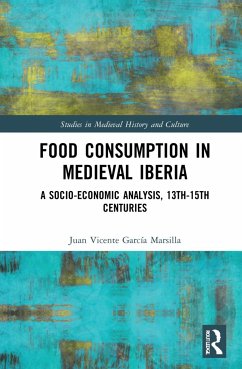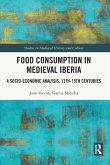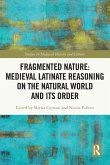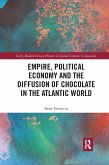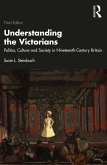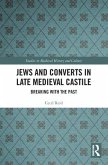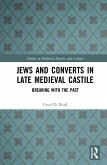From the banquets of kings and nobles to the daily struggle for the subsistence of the poor, food was already much more than a biological necessity in the Middle Ages: it was a social phenomenon full of meaning. In this book all the implications and meanings that food had on the Iberian Peninsula between the 13th and 15th centuries are analyzed. Historical assessment of the region is particularly rewarding because of the quantity and variety of historical sources, and because of the coexistence in medieval Iberia of the three great monotheistic religions: Christianity, Judaism and Islam. Taking both economic and sociological perspectives, every aspect of food is analyzed, from the commercialization of food production to its consumption, and from the evolution of culinary techniques to table manners.
Bitte wählen Sie Ihr Anliegen aus.
Rechnungen
Retourenschein anfordern
Bestellstatus
Storno

